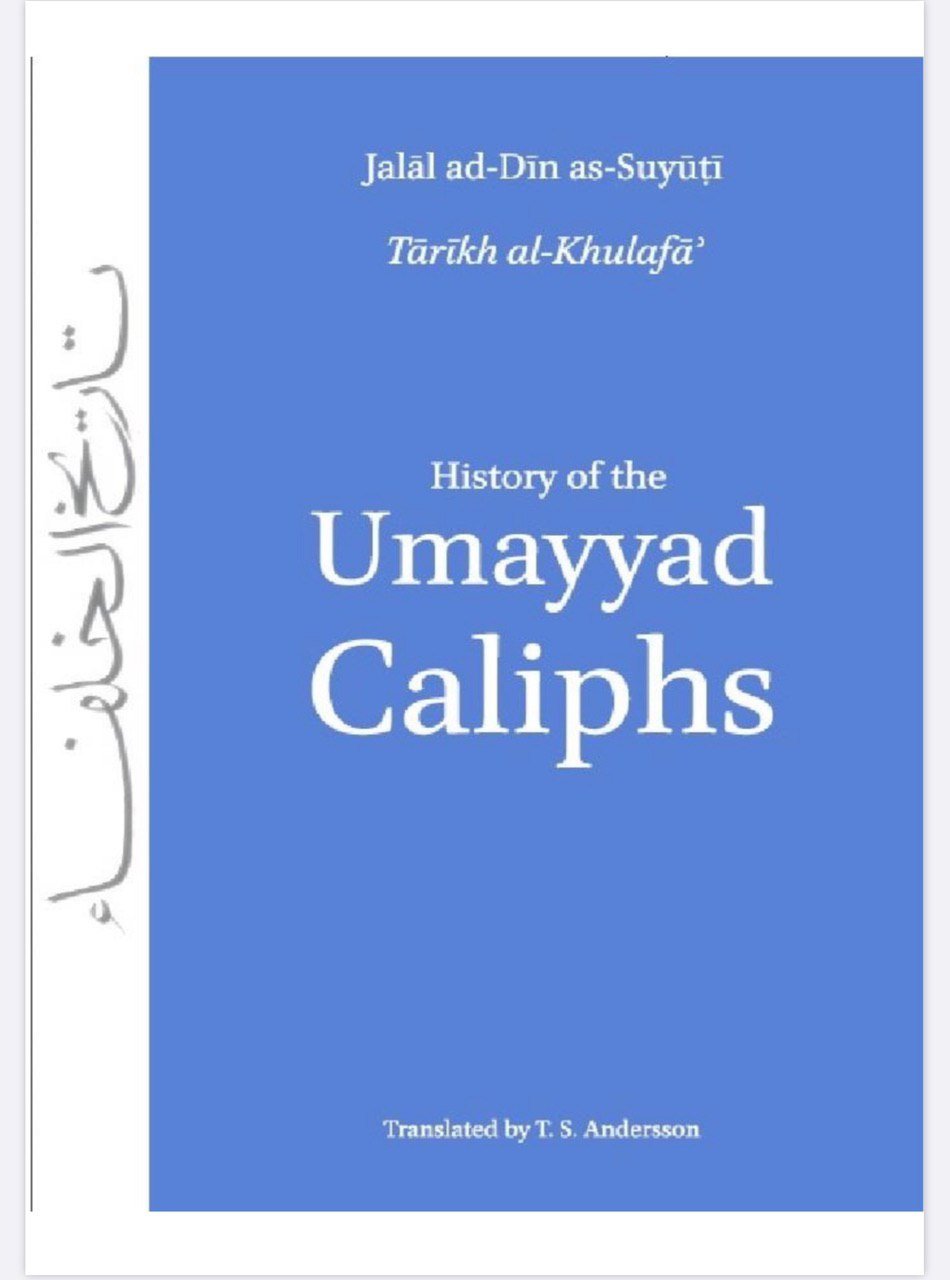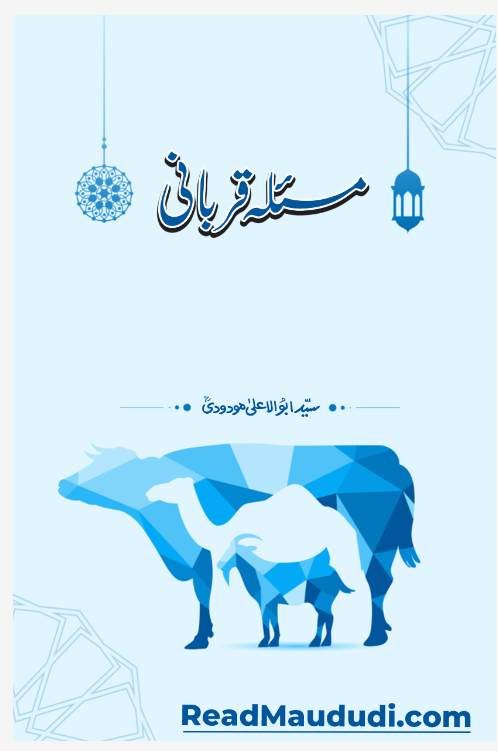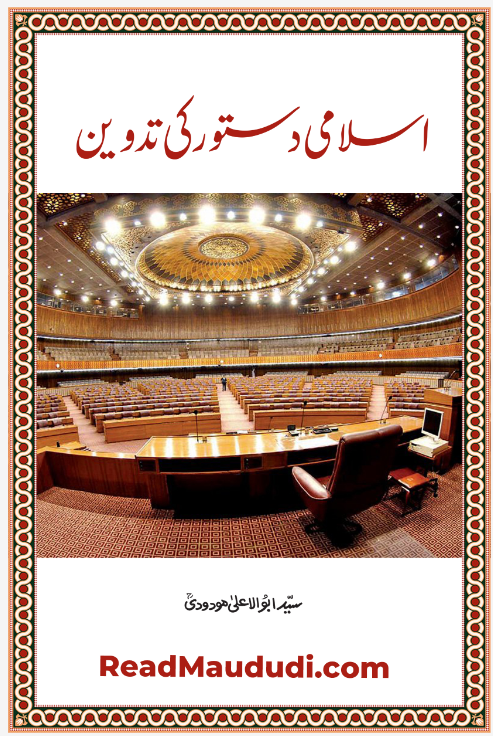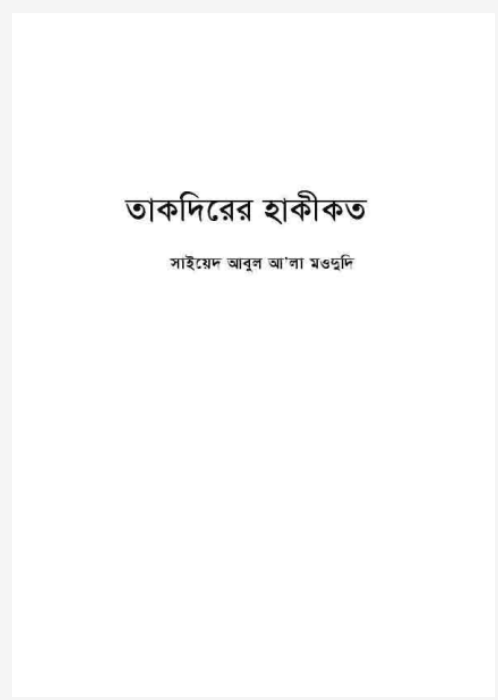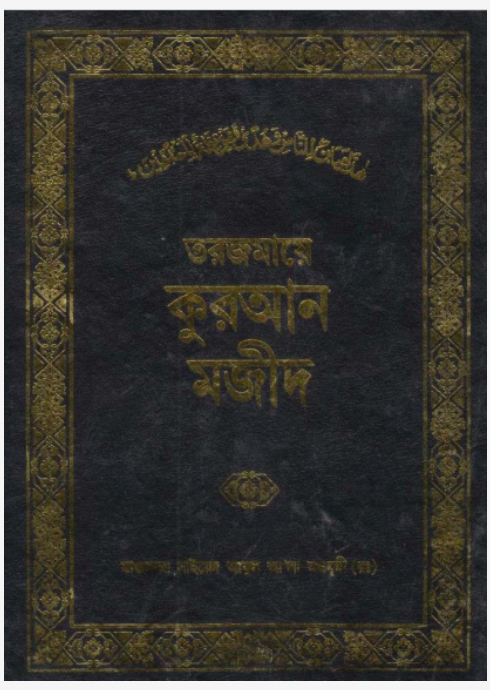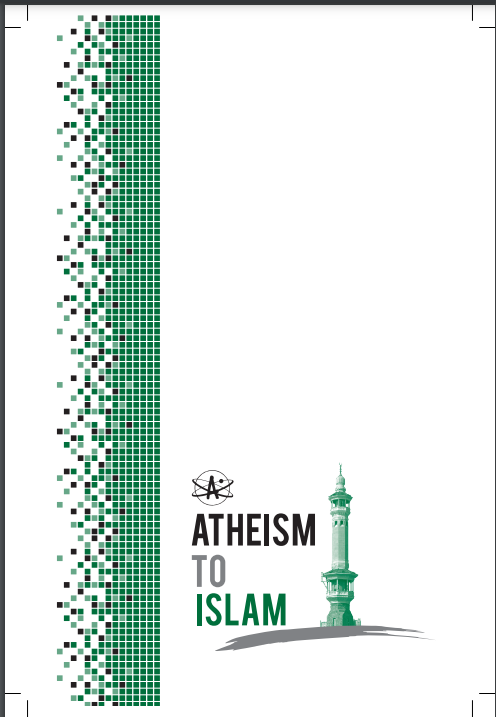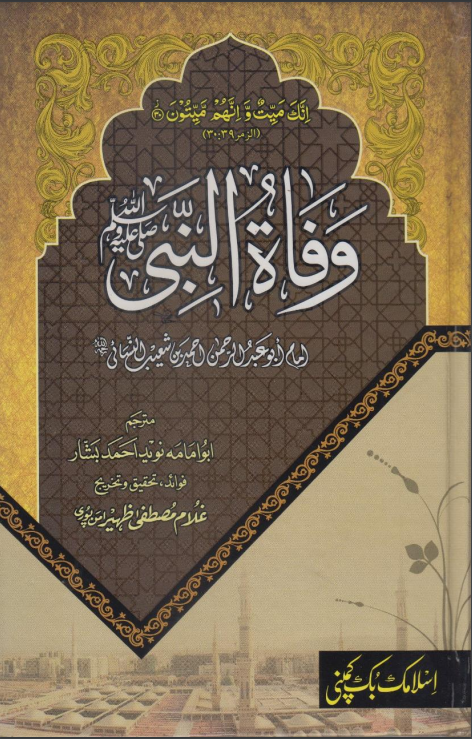

35 Points from the Chapter of Zakat al-Fitr from Sharh al-Mumti
Reviews
No review yet. Be the first to review this book!
Description
35 Points from the Chapter of Zakat al-Fitr from Sharh al-Mumti by Shaykh Ibn Uthaymin Shaykh Ibn Uthaymin’s explanation in Sharh al-Mumti of the chapter on Zakat al-Fitr provides profound insights into this important Islamic obligation, clarifying various aspects related to its wisdom, ruling, and conditions. Below are 35 key points extracted from this chapter: Definition of Zakat al-Fitr: Zakat al-Fitr is a type of charity that must be given by every Muslim before the Eid al-Fitr prayer, at the end of Ramadan, to purify the fast and assist the needy in celebrating the Eid. Obligation of Zakat al-Fitr: It is obligatory for every Muslim, including men, women, children, and even those in debt. The obligation lies on the head of the household to give on behalf of their dependents. The Wisdom Behind Zakat al-Fitr: The primary wisdom is to purify the fasting person from any deficiencies in their fast, whether intentional or unintentional, and to assist the poor and needy in celebrating Eid. The Time of Giving Zakat al-Fitr: It should be paid before the Eid prayer, ideally a day or two before the Eid, but it is valid if given earlier in Ramadan. Amount of Zakat al-Fitr: It is typically the equivalent of one sa' (a traditional Islamic measure) of the local staple food, such as dates, barley, wheat, or raisins. In modern times, the monetary equivalent is usually calculated. The Recipient of Zakat al-Fitr: It should be given to the poor and needy, those who cannot afford basic living needs. It is not allowed to give it to rich people or those not in need. Who Pays Zakat al-Fitr: It is obligatory on the head of the household to give on behalf of their dependents, including children, even if they are minors. The Responsibility of the Head of the Household: The head of the household (usually the father) is responsible for giving on behalf of his wife and children, and even for any dependents under his care. Zakat al-Fitr for the Poor and Needy: Even those who are poor and do not have enough to pay zakat are required to receive Zakat al-Fitr to assist them in celebrating Eid. Zakat al-Fitr is Not a Substitute for Regular Zakat: Zakat al-Fitr is different from the annual obligatory Zakat on wealth (zakat al-mal), and it does not replace the annual zakat. Its Effect on Fasting: Zakat al-Fitr purifies the fasting person from any imperfections in their fast, particularly if they engaged in trivial or unnecessary acts during the month of fasting. The Relation Between Zakat al-Fitr and Sadaqah: Zakat al-Fitr is a specific type of charity, distinct from voluntary charity (sadaqah), with its own rules and timing. The Ruling on Delaying Zakat al-Fitr: Delaying it beyond the Eid prayer time is not permissible unless there is a valid excuse, such as being unaware of the time or being unable to give. The Monetary Value: In modern contexts, the sa’ equivalent is calculated in monetary value to make it easier for people to pay. Zakat al-Fitr and Fasting Invalidations: Zakat al-Fitr helps atone for minor flaws in the fast, but it does not absolve someone who intentionally breaks their fast. Zakat al-Fitr and Family Obligations: Even if one’s dependents are adults or married, the head of the household is still responsible for their Zakat al-Fitr if they are living with him. Paying Zakat al-Fitr in Advance: It is allowed to give Zakat al-Fitr a day or two before Eid, but it is best to ensure that it is paid before the Eid prayer. The Spiritual Benefit of Zakat al-Fitr: It serves as a spiritual purifier for the fasting individual, cleansing them from any mistakes made during the fasting period. Zakat al-Fitr and the Eid Prayer: The primary purpose of paying it before Eid prayer is to ensure that the poor can partake in the Eid celebrations. Who is Exempt from Zakat al-Fitr: People who are extremely poor and do not have enough food for their own basic sustenance are exempt from giving Zakat al-Fitr. Zakat al-Fitr and the Role of Wealth: Wealthy Muslims are obligated to pay Zakat al-Fitr, as it is their responsibility to help the less fortunate during the Eid celebrations. Zakat al-Fitr and the Last Day of Ramadan: Although Zakat al-Fitr is given at the end of Ramadan, it is not tied to the actual day of fasting, but rather to the Eid festival. Fasting as a Condition: Zakat al-Fitr is tied to the completion of the fast. If one did not fast, they are not required to give Zakat al-Fitr. The Best Time to Pay Zakat al-Fitr: The best time to give it is right before Eid prayer, but the time extends up to the night before. Zakat al-Fitr’s Relation to Hajj: Zakat al-Fitr is separate from the Zakat that may be obligatory on those who go for Hajj. The Ruling on Zakat al-Fitr for Adults: Adults who are financially responsible must pay Zakat al-Fitr for themselves and their dependents. Zakat al-Fitr and its Social Impact: It helps promote a sense of equality and charity within the community, encouraging mutual support during Eid. Zakat al-Fitr for Orphans and Widows: Orphans and widows who are under the care of a guardian or relative may receive Zakat al-Fitr, as they qualify as the needy. The Amount of Zakat al-Fitr for Non-Food Items: The amount can be adjusted if food is not available, and in such cases, the monetary value is given instead. Giving Zakat al-Fitr Outside One’s Local Area: It is permissible to give Zakat al-Fitr outside the local area, but it is better to give it within the locality to benefit local Muslims. The Relationship Between Zakat al-Fitr and Gratitude: Zakat al-Fitr teaches gratitude to Allah for the strength and ability to fast, and for the blessings of food and sustenance. The Benefit for the Giver: Giving Zakat al-Fitr purifies the wealth of the giver, and it is an act of worship that pleases Allah. Zakat al-Fitr and Social Solidarity: It fosters a sense of community and solidarity, ensuring that all Muslims, regardless of their wealth, can join in the Eid celebrations. The Number of People Allowed to Give Zakat al-Fitr for One Person: Zakat al-Fitr can be given collectively on behalf of a family or group, with one person handling the payment. Zakat al-Fitr and Spiritual Refinement: Finally, Zakat al-Fitr serves as a reminder of the temporary nature of wealth and the importance of caring for those in need. It encourages humility and spiritual growth among Muslims. These points from Shaykh Ibn Uthaymin’s Sharh al-Mumti provide a clear and detailed understanding of Zakat al-Fitr and its significance in Islam, emphasizing its importance not only as a form of charity but as a means of purification and spiritual development.

























.jpg)
.jpeg)



.jpeg)
.jpeg)


.jpg)








.jpeg)



.jpg)

.png)






.jpg)






.jpg)








.jpg)

.jpg)










.jpg)


.jpeg)

















